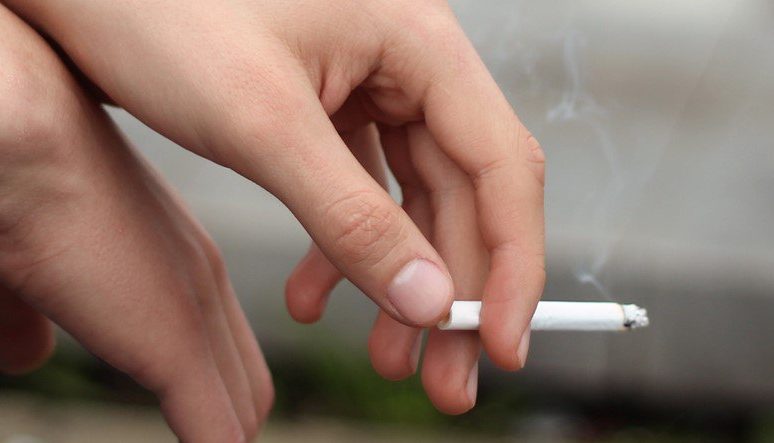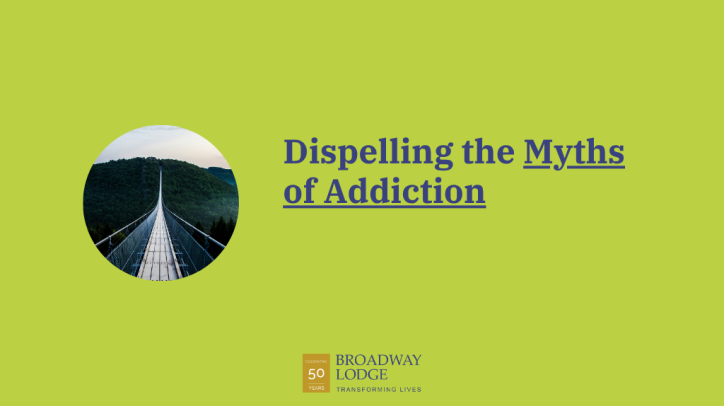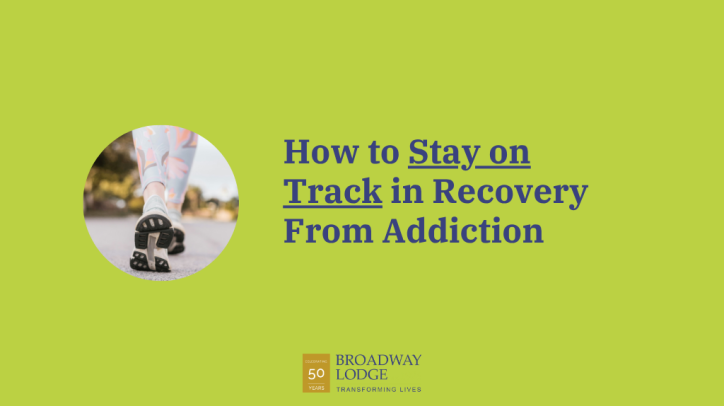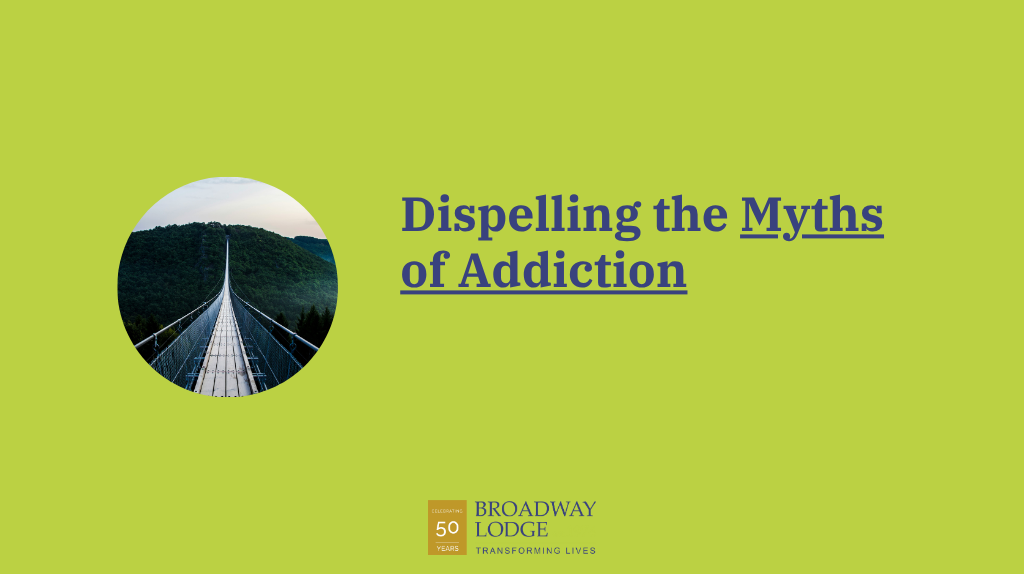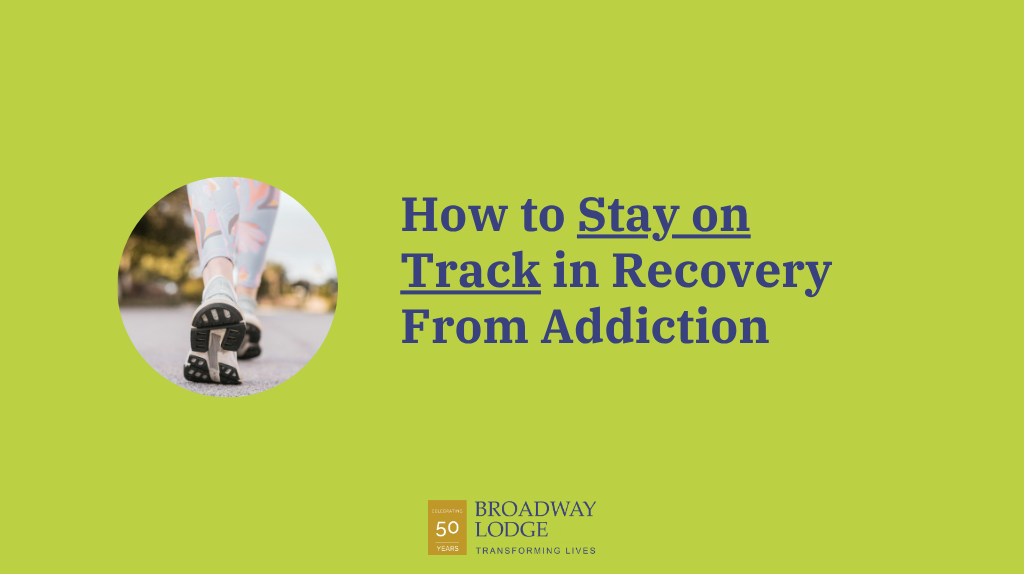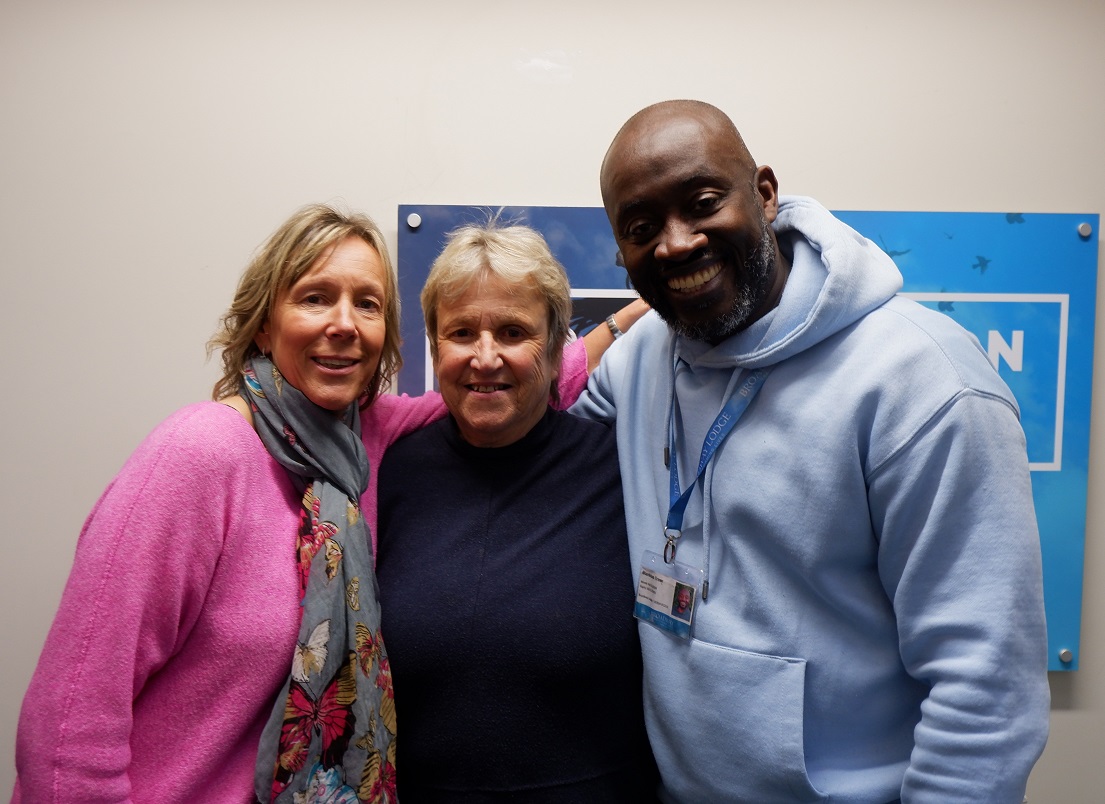While substance abuse problems are present among all ages in society, young people can be subject to particular pressures that can lead them to smoking, drinking and drug-taking.
Whether it be teens or a wider range of young people, younger people are in general more likely to experiment, be subject to intense social pressures, and come into contact with harmful substances in social situations. While, thankfully, figures are generally falling for alcohol use among young people, alcohol misuse remains the biggest risk factor for death, ill-health and disability among 15-49 year-olds in the UK. (1)
Last year an annual NHS survey looked at smoking, drinking and drug use among 12,000 secondary school-aged children in England, mostly aged 11 to 15. (2) Figures from that survey revealed that in 2016:
Smoking
- 19% of 11-15 year olds had smoked – this is almost half of the 1996 figure.
- 3% of this age group were weekly (i.e. regular) smokers.
Alcohol
- 44% of 11-15 year olds had drunk alcohol – an increase on the 38% figure in the 2014 survey. However the figure had been in decline between the early 2000s and 2014. It is a trend that experts say we will have to watch out for in case of a new upwards trend.
- 10% had drunk alcohol during the previous week.
Other Drugs
- 24% of 11-15 year olds had taken drugs. The survey points to the 15% result of their 2014 survey and the apparent huge increase in drug-taking. but notes that additional questions were included in the 2016 survey on nitrous oxide and new psychoactive substances.
- 37% of 15 year old respondents said they had taken drugs while only 1 in 10 of the 11 year olds reported the same. This figure exposes the variances within the 11-15 age group and can disguise the problem.
- 10% had taken drugs during the previous month.
Concerns about gateway substances and behaviour
While more young people are choosing not to drink or smoke, the findings confirm that more still needs to be done to help young people stay clear of harmful substances that can lead to dependence and addiction. On smoking, experts have advised monitoring the effect of electronic cigarettes for fear they may be a gateway to smoking. On drugs, the University of Bristol found a link between teen cannabis use and later illicit drug taking in a 2017 study of 5,315 people aged 13 to 18. It found that “regular and occasional cannabis use as a teen was associated with a greater risk of other illicit drug taking in early adulthood,” but also that “cannabis use was associated with harmful drinking and smoking.” (3)
Helping young people to beat Smoking, Drinking and Drug Use
The Government’s new Drug Strategy 2017, published in July 2017, identified as one of its four key themes, reducing the demand for drugs amongst young people by building their resilience and confidence. This is important when youngsters are surrounded by messages which normalise alcohol and drug taking – these messages can suggest that ‘highs’ are needed to ‘have fun’ and be ‘one of the crowd’. Yet research has shown that the earlier people start drinking, smoking and drug taking, they are more likely to develop dependence problems.
It is always difficult for parents or carers to deal with their child’s addiction or dependence. It may be hard to admit the problem but it is one which should not be ignored. Medical assistance should be sought as soon as possible to stop the problem from getting worse. Many charities also exist to help young people and their families with addiction problems. Sometimes alcohol or other drug use may be such that the help of a rehabilitation centre is needed.
Broadway can help young people beat their dependency or addiction to alcohol or drugs. We deal sensitively with the problems that young people face, offering professional treatment for addiction, whether alcohol, other drugs or self harm.
(1) Alcohol Concern. Alcohol Statistics. Accessed 10 November 2017.
(2) NHS Digital. Smoking, Drinking and Drug Use Among Young People in England – 2016. 2 November 2017
(3) Journal of Epidemiology & Community Health. Patterns of cannabis use during adolescence and their association with harmful substance use behaviour: findings from a UK birth cohort doi 10.1136/jech-2016-208503
– Home Office. Drug Strategy 2017. 14 July 2017.

